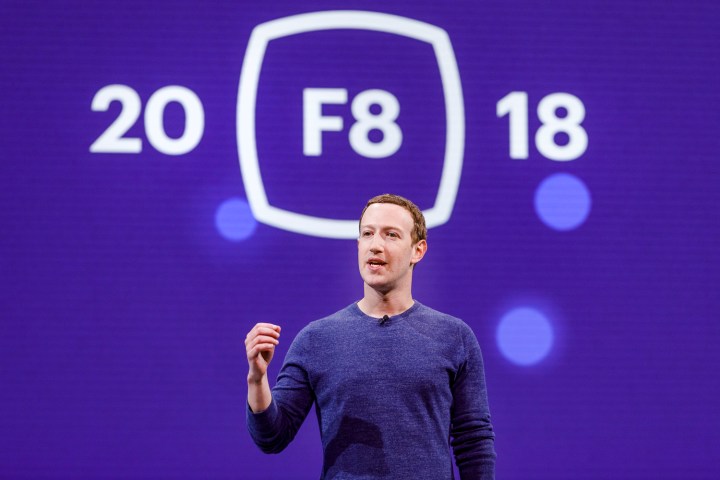
In an effort to rebuild its image and reputation after a series of highly publicized data breaches and privacy scandals, Facebook is now shifting its focus away from public posts in favor of a new strategy that will prioritize private connections and ephemeral messaging. Facebook’s vision for a more private social networking platform — which may look more like the company’s Whatsapp platform than the Facebook we know today — was laid out in a lengthy blog post penned by CEO Mark Zuckerberg on Wednesday, March 6.
“Today we already see that private messaging, ephemeral stories, and small groups are by far the fastest growing areas of online communication,” Zuckerberg wrote, while admitting that the company’s prior track record in the area of privacy has led to doubts. However, Facebook claims that it is ready to evolve, and its vision for a “privacy-focused platform” will be centered around private interactions, encryption, safety, reducing permanence, and secure data storage.
As Facebook focuses on security, its business model will evolve with it. Rather than collecting data on its users, the company hopes that a more secure platform will help enable new opportunities, like payments, commerce and a new “platform for many other kinds of private services.”
The goals for safety and secure data storage may present challenges for Facebook as it looks to expand into new countries — like China, Vietnam, and Russia — where governments may demand more control and access to user data. However, Zuckerberg appears steadfast to the goal, noting that “people should expect that we won’t store sensitive data in countries with weak records on human rights like privacy and freedom of expression in order to protect data from being improperly accessed.”
“Upholding this principle may mean that our services will get blocked in some countries, or that we won’t be able to enter others anytime soon,” Zuckerberg said. “That’s a tradeoff we’re willing to make. We do not believe storing people’s data in some countries is a secure enough foundation to build such important internet infrastructure on.” If Facebook is able to continue to stand by this mission, then this could mark a new era for the social networking giant.
The company’s ultimate goal is to let users control the permanence of the content they share to allow more natural interaction, which means that messages could automatically disappear after a set expiration date or get archived for posterity. Facebook also intends to reduce friction in sharing, by bringing interoperability between Facebook, Instagram, and Whatsapp platforms.
Facebook did not offer a specific timeline for when these changes will roll out, but Zuckerberg estimated that the shift may take several years to accomplish.
